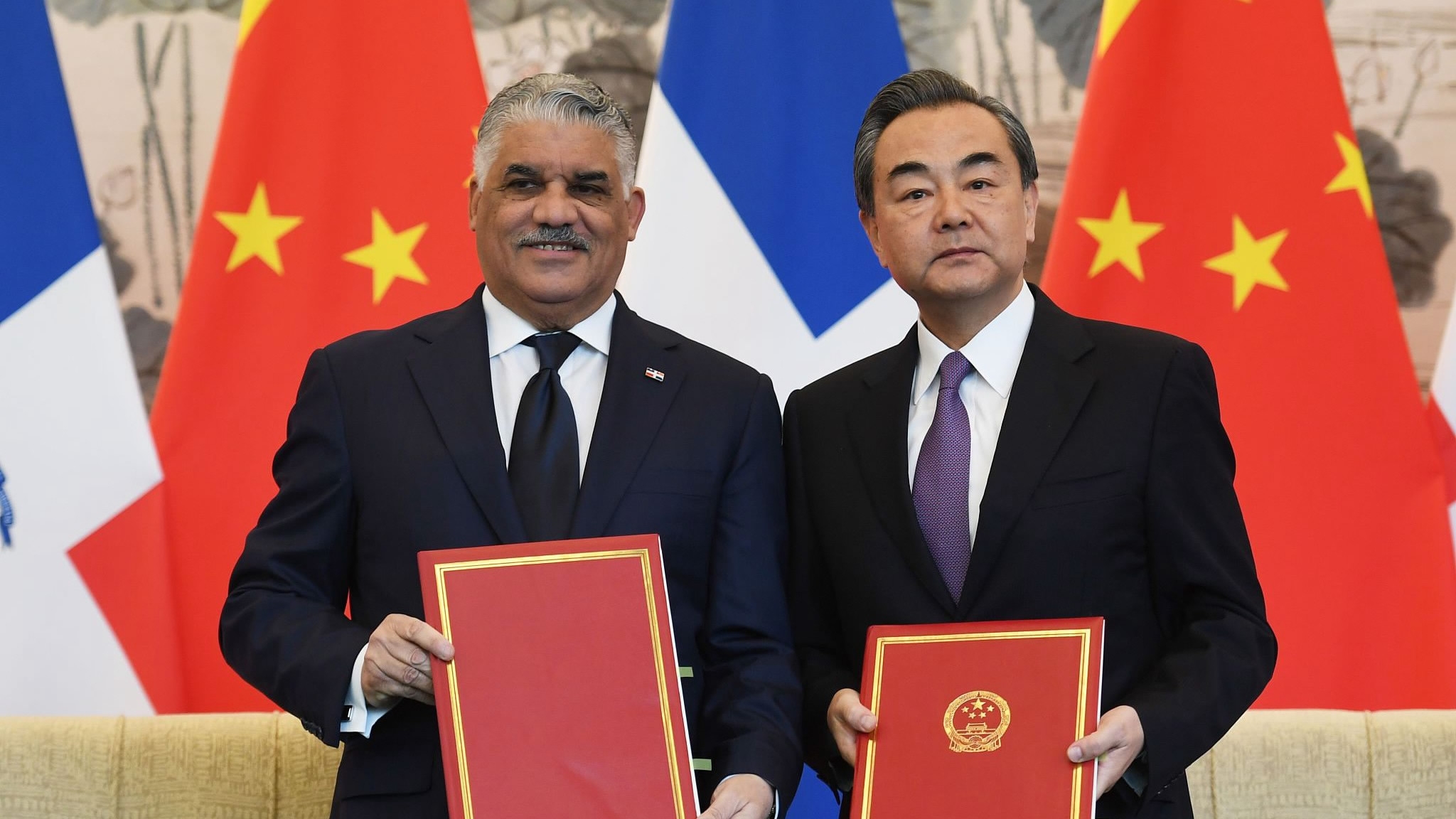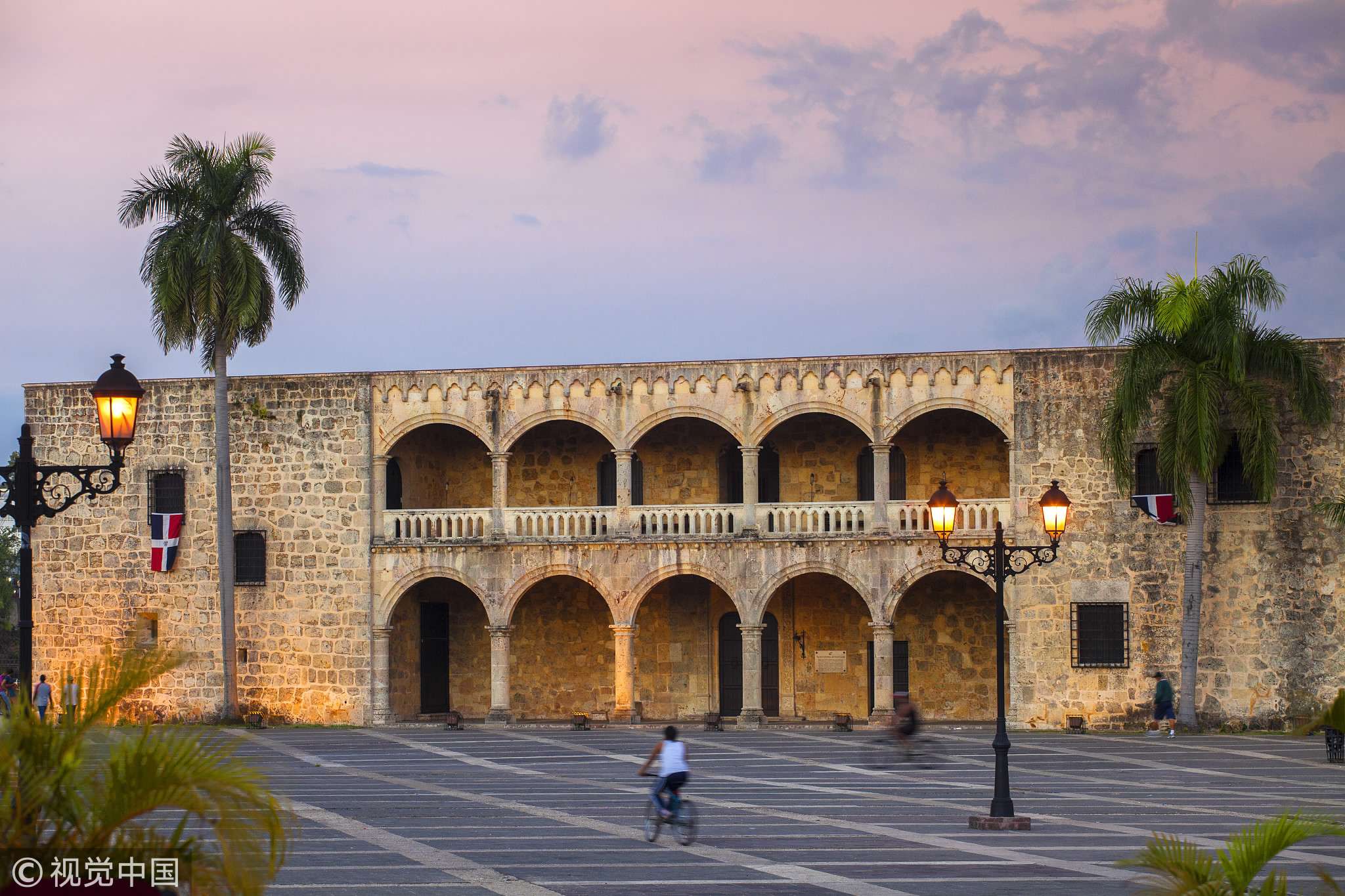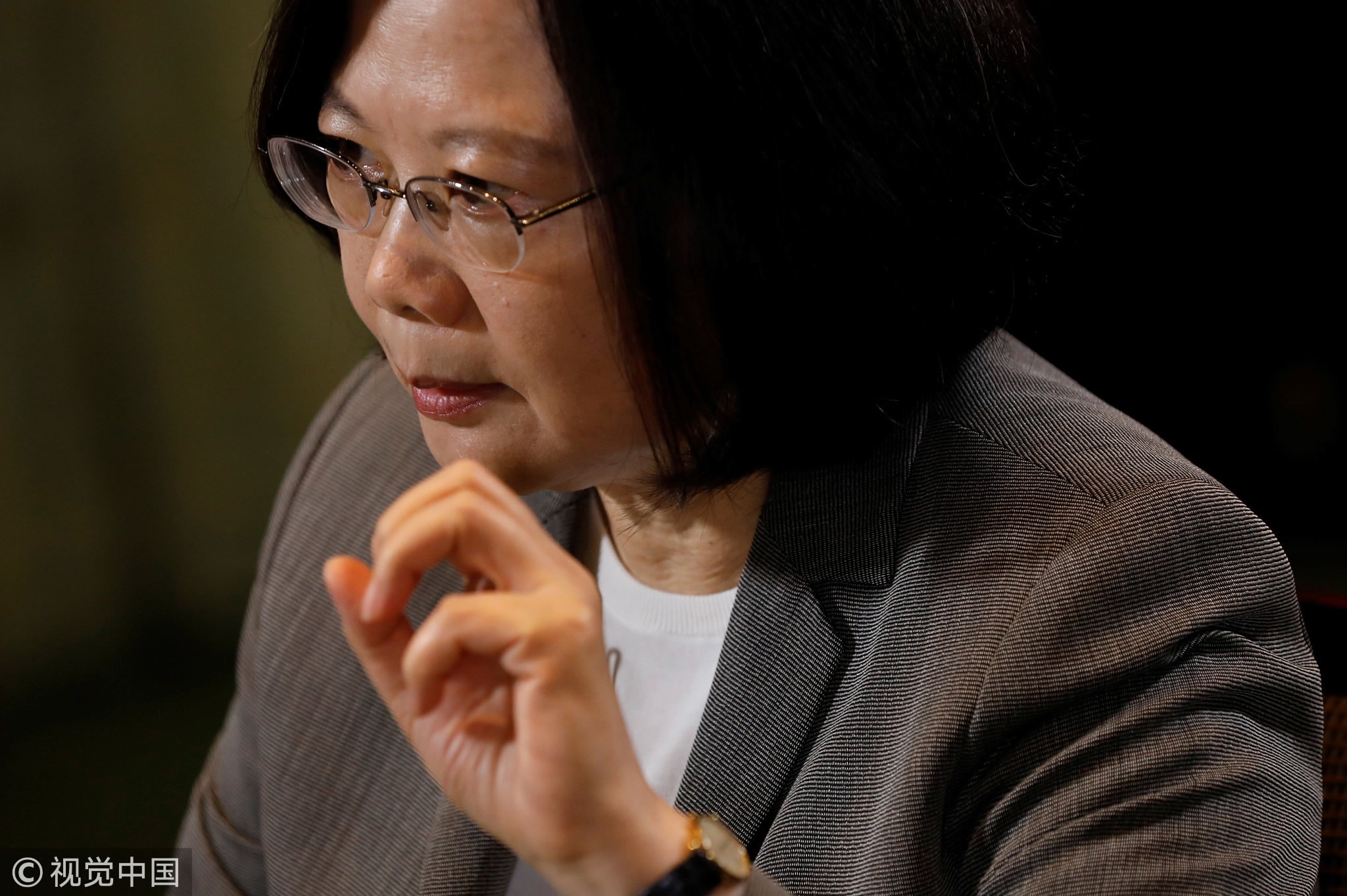
Opinions
22:29, 01-May-2018
Opinion: China and the Dominican Republic forge diplomatic ties, a blow to Taipei
Guest commentary by Shen Shiwei

The Dominican Republic is switching its diplomatic recognition from Taipei to Beijing, recognizing Taiwan as an inalienable part of the Chinese territory. The decision comes after the signing of the communique on Tuesday in Beijing.
A longtime decision
“The change in foreign policy was based on the nation’s needs, potential and future prospects,” Flavio Dario Espinal, legal consultant to the Dominican presidential office said.
For China and the Dominican Republic, it is high time to establish formal diplomatic ties after years of flourishing economic cooperation with the purchase of medical equipment, telecommunication and infrastructure. One more issue is cross-Strait relations. It is different now since Tsai Ing-wen’s refusal to acknowledge the one-China principle, which led to regional uncertainties.
Before China and the Dominican Republic forged diplomatic ties, trade between the two nations “has grown year after year, to the point that today China is the second biggest supplier of Dominican Republic imports,” Flavio Dario Espinal said.
At present, China is the second largest source of imports for the Dominican Republic, while the Caribbean nation is China’s second largest trading partner in the region. In 2017, the bilateral trade volume hit 1.87 billion US dollars.

Plaza Espana in Santa Domingo, Dominican Republic /VCG Photo
Plaza Espana in Santa Domingo, Dominican Republic /VCG Photo
Tracing back the history, both sides have enjoyed long-time bilateral economic and trade cooperation.
Beijing established its Office of Commercial Development in the capital Santo Domingo in April 1994 based on a bilateral agreement signed the previous year, with no diplomatic ties yet. Since 1999, the China Council for the Promotion of International Trade has organized many trade exhibitions at the Dominican Republic to promote bilateral economic and cultural cooperation. For the Dominican Republic, its trade development office in Beijing started operation from November 2005.
Another blow to 'Taiwan Independence'
The end of the Dominican Republic’s official ties with Taiwan is the latest blow to Taiwan in the Caribbean and Central America after Panama switched diplomatic ties from Taipei to Beijing and declared support for the one-China principle last June.
Since the pro-independence Tsai Ing-wen took office in 2016, three countries including the Dominican Republic have cut diplomatic ties with Taipei. It sent a strong warning to Taiwan that secession efforts are a dead end.
Moreover, no country in the world will allow its territorial integrity to be violated by separatists and foreign powers. The recent PLA (People's Liberation Army) military live-fire drills near the Taiwan Strait and the Air Force around the island of Taiwan have shown Beijing’s determination.
With only 19 mainly small, developing countries keeping official ties with Taipei, 10 of them are in the Caribbean region. The announcement made by the Dominican Republic to switch diplomatic ties has worried officials in Taipei for several months.
It seems that Tsai Ing-wen and her policymakers don’t care about how many allies they still have.
Last July, after Panama dropped Taipei without any warning, then Taiwan Foreign Representative David Tawei Lee visited the Dominican Republic as part of a campaign to shore up its ties and met with Taipei’s representative in some other island countries there to discuss strategies for not losing more allies.
In the past months, Taiwan spent millions of dollars worth of military equipment and development programs to maintain fragile ties with its remaining allies. It is doomed to fail. China has always objected to any countries’ diplomatic relations with Taipei.

April 27, 2017: Tsai Ing-wen speaks during an interview with Reuters in Taipei. /VCG Photo
April 27, 2017: Tsai Ing-wen speaks during an interview with Reuters in Taipei. /VCG Photo
Alert on Taipei’s potential provocation
It is obvious that a policy of "courting foreign support” adopted by the pro-separatist Tsai Ing-wen and Lai Ching-te is posing more risks to cross-Strait relations.
With fewer countries willing to maintain official ties with Taipei, Tsai Ing-wen is willing to be a bargaining chip for the US. Beijing has objected to the Taiwan Travel Act passed by the US to promote higher-level visits between Taipei and Washington.
Observers are wondering whether the US Marine Corps will protect the new site of the American Institute in Taiwan, which will start operation in May and June. “Beijing will take further action to safeguard national sovereignty and territorial integrity if Taiwan separatists continue to carry out secession activities,” a senior official from China's mainland warned on Wednesday following recent military drills in the Taiwan Strait.
National reunification between the Chinese mainland and Taiwan is key to the great rejuvenation of the Chinese nation. US policymakers and Taipei authorities got the message from the mainland's military live-fire drill at the Taiwan Strait and more countries switching diplomatic ties to Beijing, they should be mindful of their actions to avoid escalating tensions.
(Shen Shiwei is a research fellow at the Charhar Institute. The article reflects the author's opinion, and not necessarily the views of CGTN.)
(Cover Photo: The Dominican Republic Foreign Minister Miguel Vargas (L) poses with Chinese Foreign Minister Wang Yi after formally signing documents to establish relations with Beijing, May 1, 2018. /VCG Photo)

SITEMAP
Copyright © 2018 CGTN. Beijing ICP prepared NO.16065310-3
Copyright © 2018 CGTN. Beijing ICP prepared NO.16065310-3